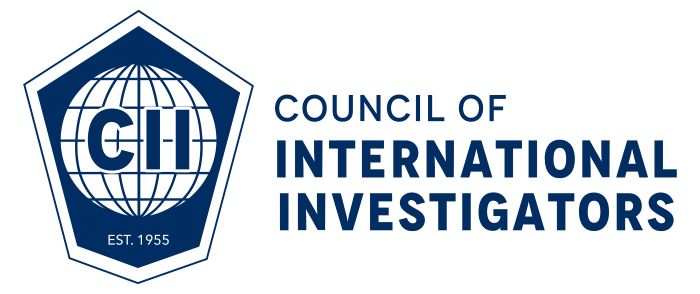Protecting your company’s reputation and bottom line is important for success in the competitive corporate arena. When a situation arises that requires the use of an investigator, you want to have the utmost confidence that all private information will remain just that—private.
This article explores the value of confidentiality in investigative services and how it is accomplished.
The Value of Confidentiality
Confidentiality is an essential part of investigative services for so many different reasons, such as building trust, protecting privacy, and safeguarding reputations.
Building Trust
A seasoned investigator knows that they must develop a level of trust with their clients. Personal details or private business matters need to be handled with discretion. In order for clients to open up, share information, and expose the goals of the investigation, trust needs to be there. Ensuring confidentiality is a surefire way to build it.
Protecting Privacy
Investigative services often require looking into personal records and backgrounds. Sometimes it involves looking into business matters.
Whatever surfaces in company records, personal details, and background information should always be protected. Actively practicing confidentiality keeps it in the hands of those who are authorized to have it and no one else.
Safeguarding Reputations
Taking a deep dive into records may help you to make better business decisions, but it can also uncover and expose information—putting both corporate and personal reputations at risk. This can even lead to legal troubles as well.
With strict confidentiality practices in place, reputations can be protected.
How Investigators Maintain Confidentiality
Investigators approach each new task with fresh eyes. There is always new information to uncover to help clients see the full picture. Of course, this also means securing trust and making sure confidentiality best practices are at play.
So, how do investigators keep private information secure? Open communication with clients is a great way to address any confidentiality concerns. But keeping information safe is going to require a bit more proactivity. Here are a few things that can build this level of trust.
Restricting Access
Investigators do not give access to everyone. As they conduct their investigation, they will keep the information they discover confidential. Even the individuals they work with will have to be authorized to access it.
Having fewer people involved in your investigation reduces the chance that private information will get into the wrong hands. All digital information should be encrypted and protected with a strong password while hard copies should be in a locked storage area.
Maintaining Compliance
There are both legal and ethical standards in place for a reason. Following them can often help with maintaining compliance. Additionally, investigators often find it easier to protect the integrity of the investigation from every direction when they put confidentiality protocols in place.
Contractual Agreements
In some instances, depending on the nature of the information and the task at hand, contracts may be used as an extra layer of protection. These can hold individuals accountable for following best practices when it comes to confidentiality, limiting their risk of exposure.
Investigative Services You Can Trust with CaptureINTEL
Whether it is ensuring that there is no corporate fraud before agreeing to an acquisition, handling social media investigations as part of your reputation management, or taking a closer look at a C-suite executive before partnering, doing your due diligence can help protect your name, integrity, and money.
Connect with us to get a conversation started!






